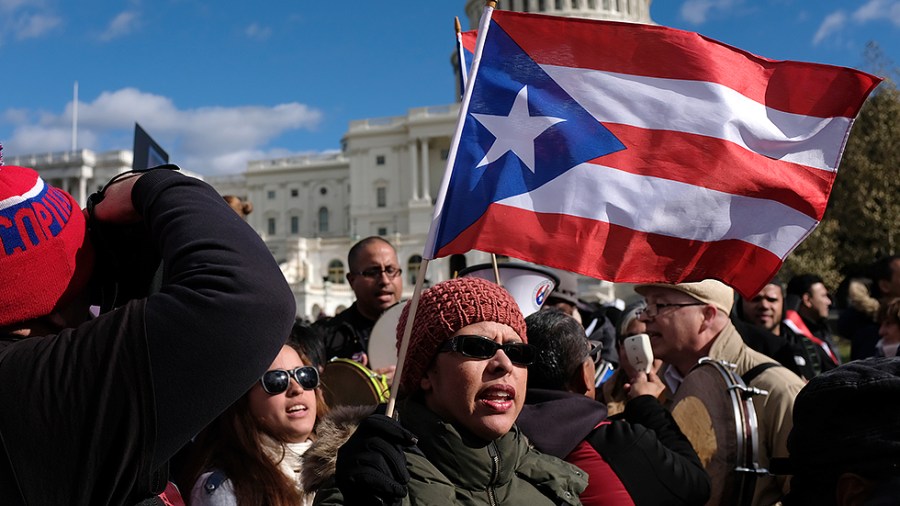The importance of culture and the arts have been at the forefront of the American democratic experiment since the inception of the Republic.
Puerto Rico is at a historical crossroads when it comes to furthering the cause of a rich and diverse culture dating back to 1493. As a matter of fact, our capital city of San Juan, founded in 1521, is the oldest city under the American flag. My organization, the Puerto Rican Culture Institute, is simultaneously preparing for San Juan’s 500-year milestone and bracing for budget cuts.
{mosads}For way too long the institute has relied on public funding to advance its mission, contrary to what is and has been the case in other parts of the world where cultural projects predominantly rely on private philanthropy. It is vital for any government, and the government of Puerto Rico is no exception, to advocate for a cause that unites rather than divides people.
The pasts 12 months have brought an ordeal of challenges to the entire island. The Fiscal Oversight Board, enacted in 2016 through the congressional mandate of the PROMESA (which translates into “promise” in Spanish) legislation slashed 89 percent of the institute’s budget. This massive cut came close to shutting us down.
Created in 1955 under the leadership of then-Gov. Luis Muñoz Marín and renowned historian and scholar Ricardo Alegría, the institute has been and is tasked with preserving, fostering, and promoting the nuanced mosaic that is Puerto Rican culture. Because of myriad programs launched by the institute, thousands of painters, musicians, poets, among so many other inspired souls, have elevated Puerto Rican culture in the ever competitive world map of human expression.
I realize the importance of balancing budgets and enacting sound fiscal policy. And although I understand that cuts need to be made and appropriations must be relocated, sensitivity and respect for cultural identity must be part of any informed budgeting judgment. This is even more important for an island that has made a name of itself worldwide, partly due to the talent of its artists and the richness of its culture.
Through his firm commitment to the institute’s mission, Gov. Ricardo Rosselló has provided the right kind of leadership for operations to stay afloat, doing more with scarce resources.
After the devastation caused by Hurricanes Irma and Maria, the institute — aided by a full roster of volunteer actors, dancers, artisans, and entertainers — provided cultural therapy support to dozens of communities and neighborhoods that endured the heaviest blow from mother nature.

But we need to help Puerto Rican culture to continue to be pertinent. We need a financial platform and a unified message on the importance of preserving our textured historical relevance for the United States, Latin American, and the entire Caribbean region. We need “boricua” ambassadors and Puerto Rican talent launch and grow the first ever diversified and privately-supported endowment fund in the institute’s history. This project, similar to those private funds that provide stability and sustainability to non-profit entities the world over, will allow the institute to have a perpetual support mechanism.
Puerto Rican artists and other professionals have made the island known across the globe and can use their voices, talent, and leadership to ensure Puerto Rican culture endures the test of time. Culture is much more than identity. Culture is eternity.
Eduardo Arosemena-Muñoz chairman of the Board of Directors Puerto Rican Cultural Institute.
